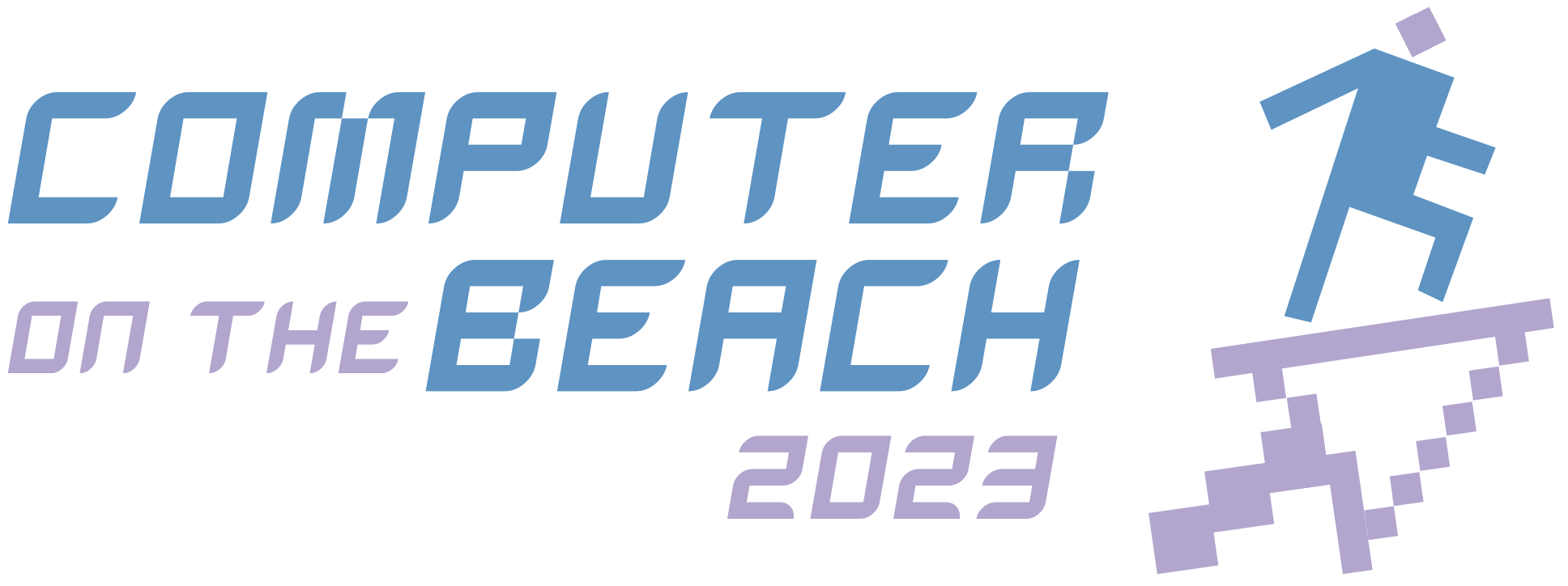

ABSTRACT
With the use of sensors to monitor the physical processes that correlate
to particular behaviors and sensations, technological advancements
and resources supplied by neuroscience began to provide the
capacity to interact with the study of the brain directly. This allows
us to experiment with as many sensory channels as feasible while
still applying computational solutions. Brain-Computer Interfaces
(BCI) can infer information about a user’s state and intentions by
observing his/her physiology, behavior in the work environment,
and authority relationship. Using this data, it is possible to determine
the efficacy of the computer tools used to respond to the
emotions evoked by the user when interacting with the solution
and adjust the tool’s goals. In this work, to analyze these interactions,
we adopted a hybrid approach using user responses via the
digital SAM questionnaire and data collected using electrocardiogram
and electroencephalogram sensors to check for any changes
in the participants’ mood during their interaction with an End-User
Development interface for authoring of serious games. The results
of this round of evaluation were positive, demonstrating not only
the good use of the tools but also motivating us to continue developing
improvements and conducting new tests on the prototype
created to collect the physiological data.






O Computer on the Beach é um evento técnico-científico que visa reunir profissionais, pesquisadores e acadêmicos da área de Computação, a fim de discutir as tendências de pesquisa e mercado da computação em suas mais diversas áreas.

